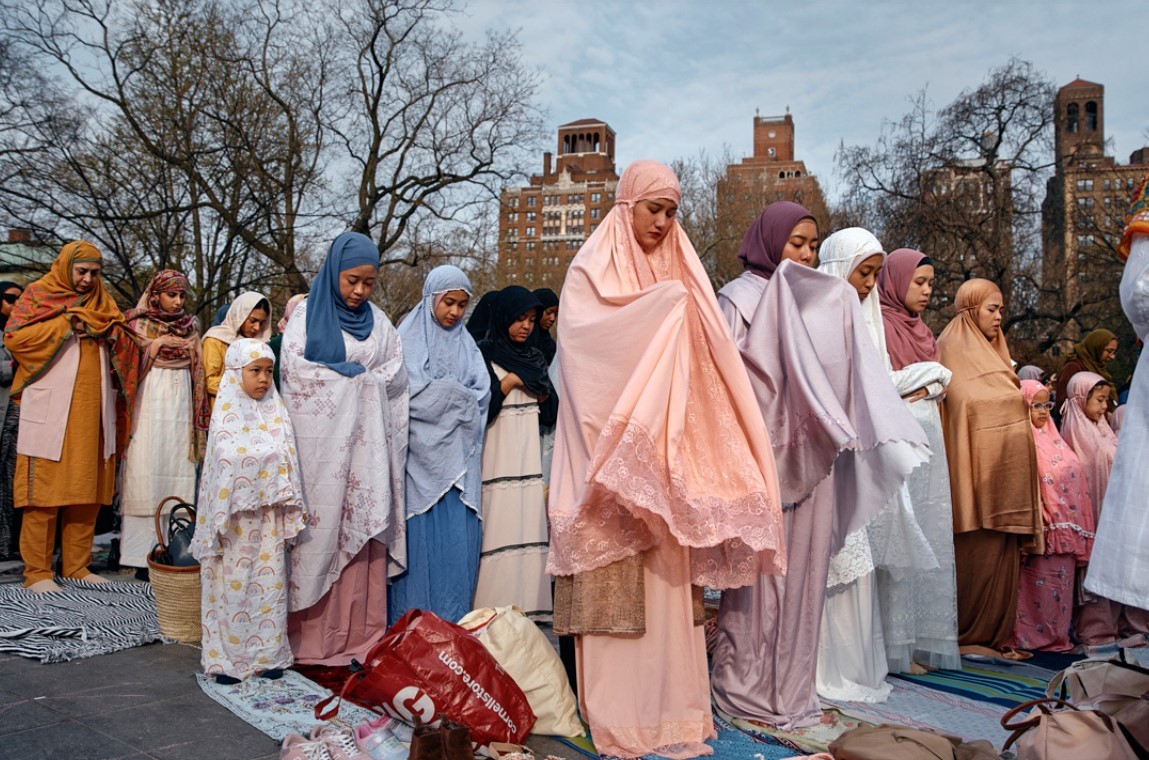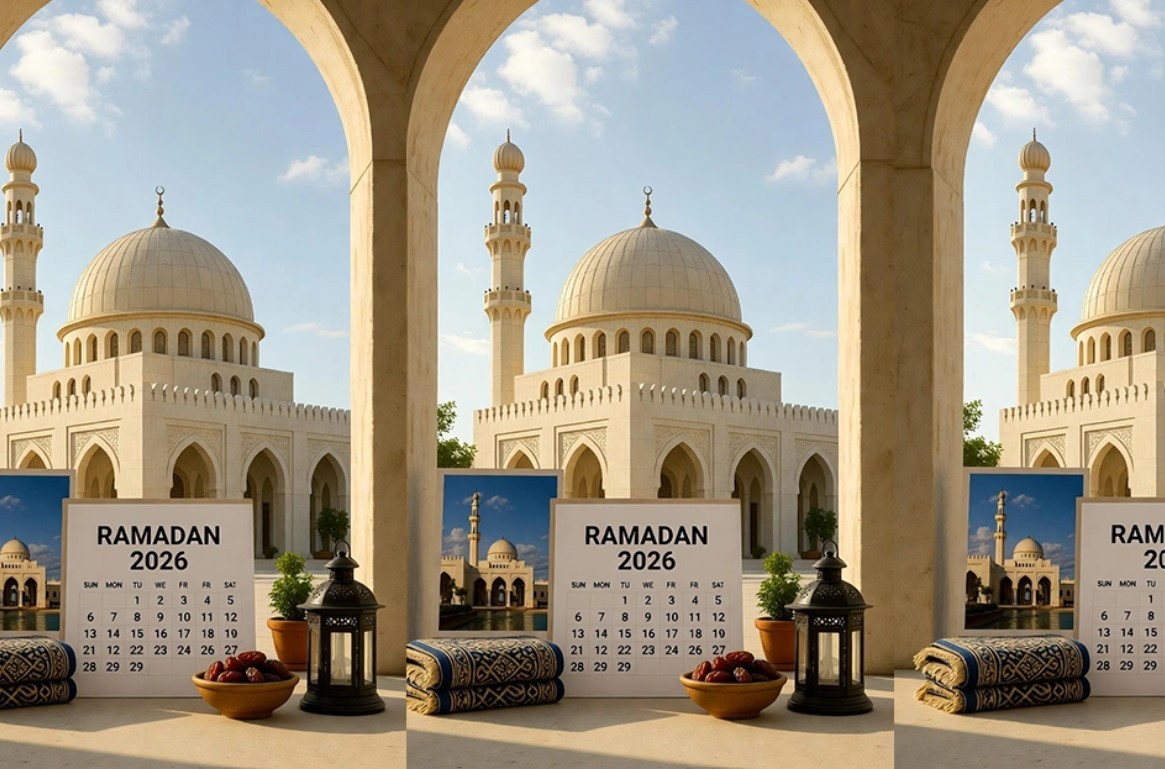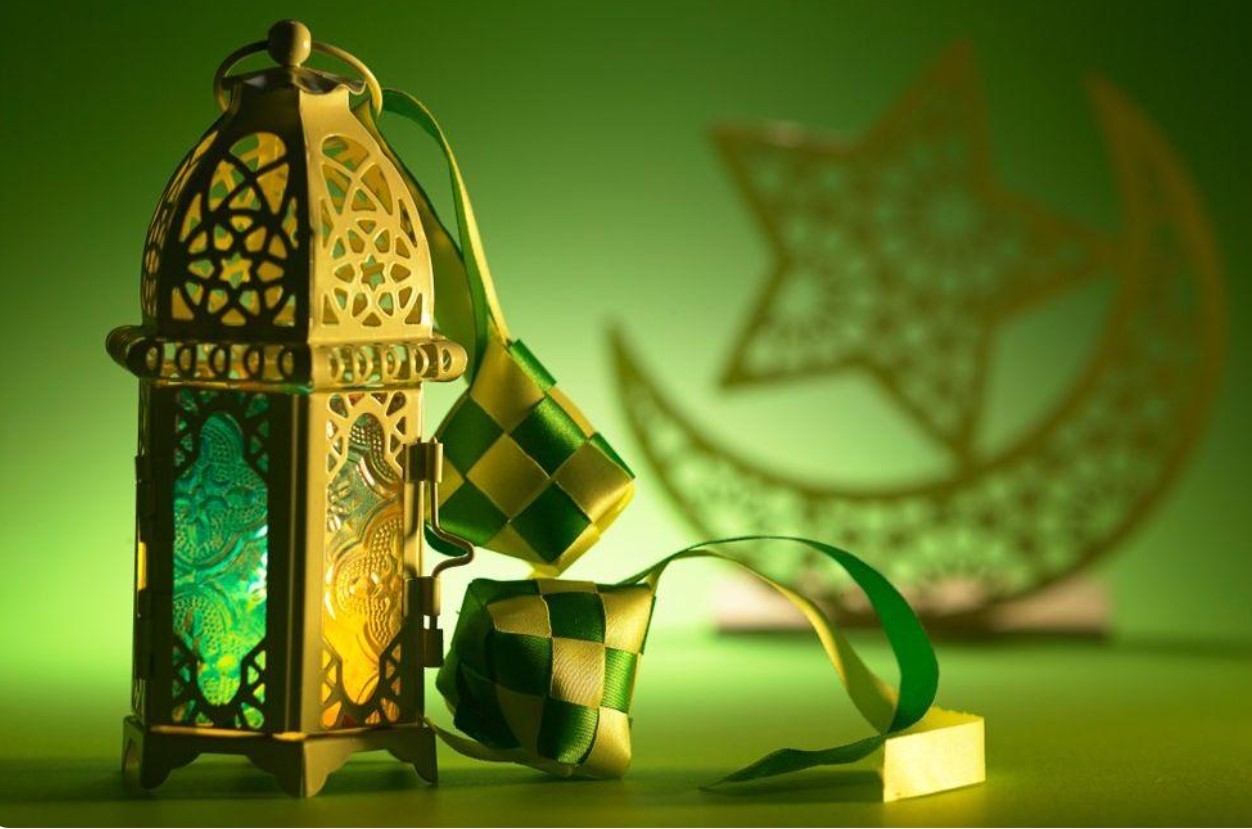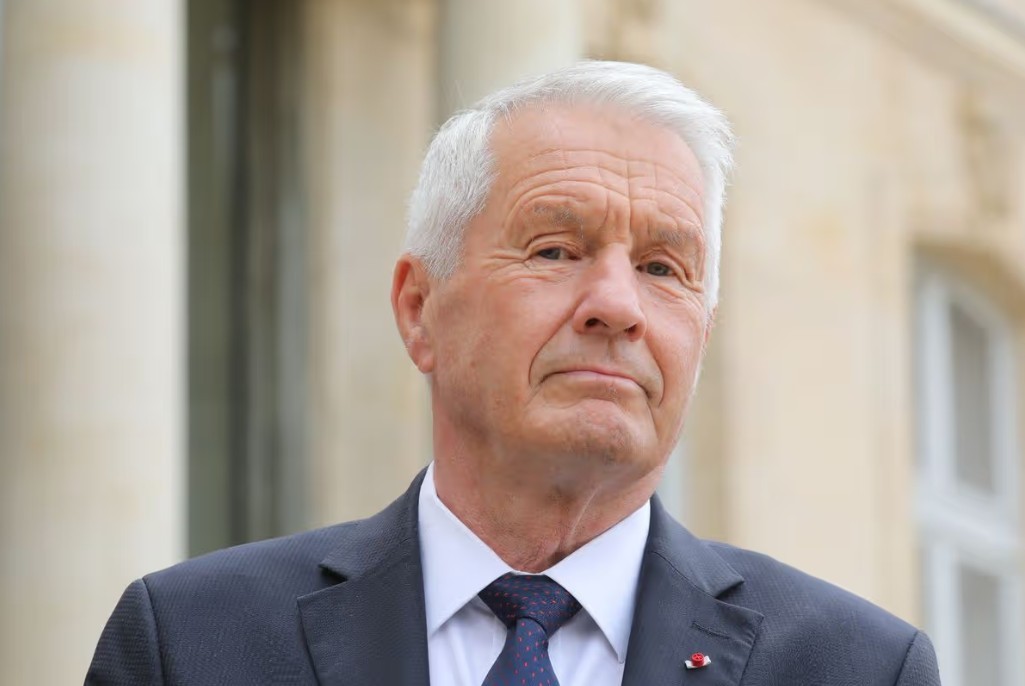Happy Ramadan: 25 Most Popular Phrases and Pronunciation in Arabic, English
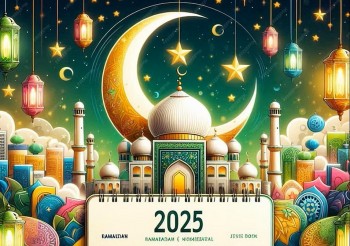 When Will Ramadan 2025 Start and End? When Will Ramadan 2025 Start and End? Ramadan 2025 is expected to begin on the evening of Friday 28 February 2025, and will end on the evening of Sunday 30 March 2025, ... |
As Muslims around the world begin the fasting month of Ramadan, you may encounter unfamiliar terms and expressions. Since Arabic is both the primary language of the Muslim community and the original language of the Quran, it is commonly used in conversations about Islamic topics, religious gatherings, or community events, especially during Ramadan. These expressions can be particularly confusing for those who are not well-versed in Islam, and their similarities to other phrases often make their meanings unclear. To help clarify these terms,
KnowInsiders has curated a list of the most popular phrases you might hear during Ramadan, along with simple pronunciation tips to improve communication with your Muslim friends, coworkers, and family.
Learn more: Top 55 Frequently Asked Questions And Answers During Ramada
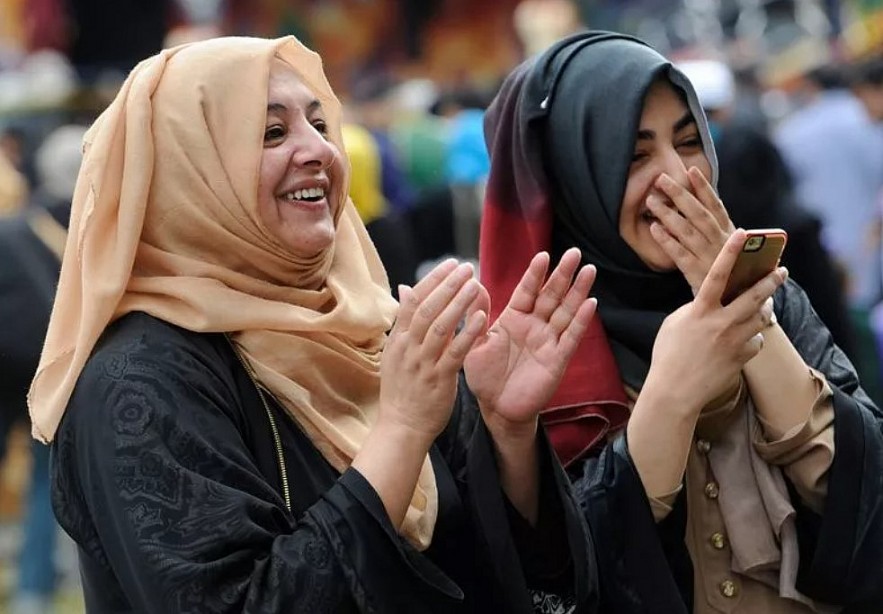 |
| Top most popular Arabic words/phrases to learn for Ramadan - and how to pronounce them |
1. Ramadan Mubarak or Ramadan Kareem
How to pronounce: Ram-a-dan Moo-ba-rak
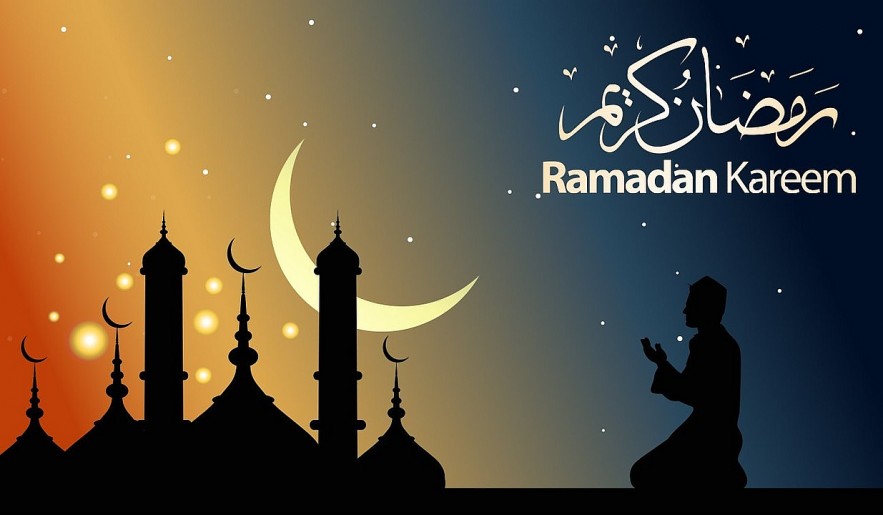 |
| Ramadan Kareem |
Ramadan Mubarak, which means "blessed Ramadan" or "happy Ramadan" in Arabic, is the customary way to wish someone a happy month of Ramadan. To wish someone a happy Eid, you would say "Eid Mubarak" in a similar manner.
The greeting Ramadan Mubarak, which is pronounced "Mu-ba-rack," signifies felicitations on the commencement of the sacred month.
Although it is not as popular, Ramadan Kareem is a greeting that means "Generous Ramadan."
As the holy month of Ramadan is seen by Muslims as bringing numerous benefits, they extend their best wishes to one another.
During the sacred month, you can greet one another with Ramadan Mubarak or Ramadan Kareem.
2. Iftar
How to pronounce: If-tar
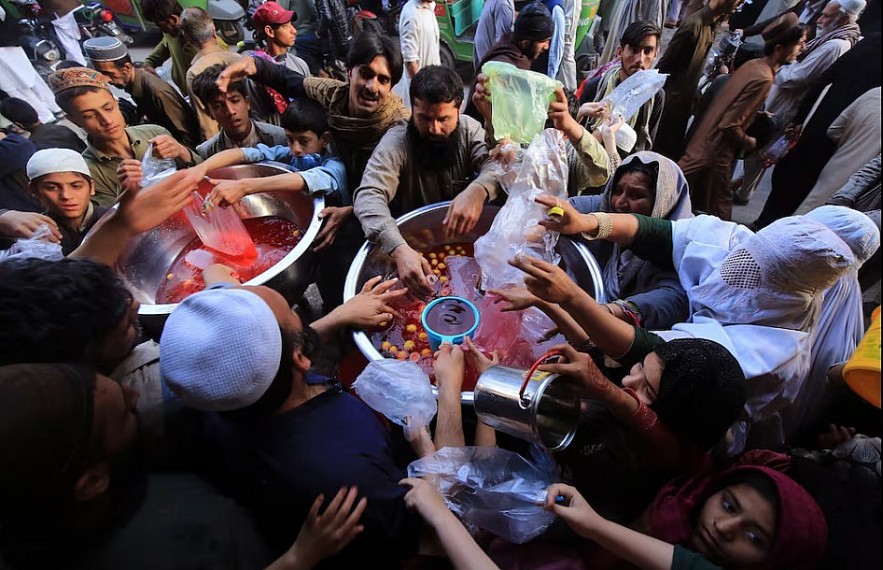 |
| People receive free sweet drinks for iftar in Peshawar, Pakistan |
It literally means "break fast". It is the first meal that Muslims can have after fasting for the entire day. It happens every day at sunset during Ramadan.
Iftar (pronounced "If-tar") is a meal served at the end of each day during Ramadan to break the fast. It is traditionally a time when people from various generations and households gather to share a meal together. Iftar is said to bring blessings, especially to those who prepare it for others.
Previous restrictions on gatherings that hampered Ramadan traditions, such as visiting family and setting up iftar or suhoor tents, have been lifted, allowing the full spirit of the month to return. Majlis or tents are typically set up to accommodate large gatherings for iftar.
3. Sawm or siyam
These variations on the same word translate to "fast" in Arabic.
Muslims refrain from eating, drinking, and smoking during their fast. Worship, gratitude, drawing closer to Allah, and understanding the needs of the underprivileged are all prioritized.
"Ana sayim / sayma" means "I am fasting".
4. As-salamu alaykum
How to pronounce: Ah-sala-mu-lake-um
As-salamu Alaykum is a traditional Arabic greeting that means "peace be upon you". The phrase is a religious greeting for Muslims worldwide. Muslims respond with "Wa-Alaikum-Salaam," which means 'and unto you peace.'
It can be said when greeting someone or saying goodbye. Depending on the region, an individual may simply say "Salaam Alaykum" or, if they're being a little more informal, a simple "Salaam" will suffice - Salaam means "peace" and is the root word for 'Islam'.
When responding to this greeting, say 'Wa alaykumu as-salam' (Wa-a-lay-koom a-salaam), which essentially means "peace be upon you as well."
5. Suhoor
How to pronounce: Su-hore
During Ramadan, people eat a meal called suhoor, which is pronounced "Su-hore," before dawn and then fast until after sunset.
Suhoor typically consists of a prayer and a hearty, filling breakfast that provides energy for the rest of the day. We spoke with a doctor about how to stay healthy during a fast if you are fasting and would like some advice from a medical professional.
To keep the body hydrated throughout the day, health professionals advise drinking lots of water and eating a balanced diet.
| Muslims eat a pre-fast meal known as "suhour" every morning before the sun rises. They then say the Fajr prayers to begin their fast. Breakfast foods are typically consumed during suhoor to maintain energy levels throughout the day. |
6. Eid Mubarak
How to pronounce: Eed-Mu-ba-rack
 |
| Eid Mubarak |
The traditional greeting for the holy holidays of Eid al-Fitr and Eid al-Adha is Eid Mubarak, which is pronounced "Eed-Mu-ba-rack." When Ramadan comes to an end, this greeting is used to usher in a three-day celebration. After that, it's customary to respond with "Khair Mubarak," which is pronounced "Care-mu-ba-rack," in the hopes that they will likewise have a "blessed holiday."
7. Alhamdulillah
How to pronounce: Alham-doo-lee-la
Alhamdulillah, which means "praise be to God" in Arabic, is a very common phrase. It is most frequently heard at the start of Qur'anic recitations, but Muslims can also use it to acknowledge compliments or make positive remarks about something.
8. Alaikum
This Arabic greeting, which literally translates to "peace be upon you," is widely used to show friendliness and hospitality in the Middle East. You can use it to enter a supermarket, office, or even a house.
There is no religious connotation to the phrase. Both sexes can use this greeting, which can be followed by two kisses, a hug, or a handshake.
9. Subhanallah
How to pronounce: Soob-han-a-la
"Subhanallah" is an Arabic phrase that can be challenging to translate because there isn't a precise English translation for it. The phrase "God is perfect," "Glory be to God," or "May he [God] be exalted" are the common understandings of the word.
Muslims frequently recite the phrase during prayer, and it occurs frequently in the Qur'an. Muslims frequently recite it to show gratitude and appreciation for God and his blessings.
10. Insha’Allah
This means “God willing” or “if God wills” commonly used by Muslims and Arabic speakers of different religions. Use this phrase when you plan something and want it to work out, but know that it will only happen if God wills it.
Example: “Will you be coming over for Iftar tomorrow night?”
“Yes, Insha’Allah”
11. Masha’Allah/Mashallah
How to pronounce: Mash-a-la
It means “what Allah wants, He gives” or “God has willed” and used often upon hearing good news.
Muslims, even non-Arabs, use this phrase to greet friends or family when they have been blessed with something and sometimes overused.
Example:
“You’re eyes are so pretty Masha’Allah”
I your friend just told you they passed an exam you would reply "Mashallah".
12. Madfa
When the sun sets, this is the iftar cannon that sounds, signaling the end of the fast. Muslims can have iftar, or break their fast, when the cannon is fired, or Uqlat Al Madfa.
13. Imsak
This Arabic term denotes the start of the daily fast. There is a window of time, roughly ten minutes, before the dawn prayer starts and during which those who have consumed suhoor are required to stop eating.
14. Mosaharaty
A mosaharaty is a person who goes around the streets early in the morning waking up Muslims to pray suhoor. Although it is quickly becoming extinct from modern life, some parts of Egypt and Indonesia still employ people in traditional jobs. To rouse the sleepers, some beat drums, while others say prayers.
15. Matta El Maghreb
When someone is fasting, you'll probably hear them ask, "What time are the maghreb prayers?" throughout the day.
The official fourth prayer of the day is said shortly after sundown. Iftar, which signifies the end of the fasting day, literally translates as "break fast."
16. Qada
To make up for a missed Islamic obligation is known as qada. This usually refers to someone doing something during Ramadan to make up for missing a fast.
Unless they are ill, traveling, or menstruating, Muslims must fast during Ramadan. A Muslim may also need to make up for missing a fast due to inadvertent eating or drinking, severe bleeding, or vomiting.
17. Kaffara
A Muslim may be required to perform kaffara, or penance, if they miss a fast for any other reason. The person must fast for an extra sixty days in order to achieve this. Should they be unable to, they will have to feed sixty impoverished people, one meal on average for each.
18. Salah
Prayer is salah. Muslims are required to pray five times a day: the dawn prayer, known as fajr, the afternoon prayer known as dhuhr, the late afternoon prayer known as asr, the sunset prayer known as maghrib, and the late evening prayer known as isha. While it is not required, Muslims are urged to pray tarawih during Ramadan.
19. Tarawih
After Isha, prayers are said at Tarawih. These are prolonged prayers, usually offered in a mosque in congregation. An imam will recite one of the thirty sections of the Quran during the nightly tarawih. This guarantees that by the end of Ramadan, the holy book will be finished. Tarawawih can take up to an hour, whereas regular prayers can take five to ten minutes.
20. Laylat Al Qadr
Because it is thought that the angel Jibril (Gabriel) revealed the first verses of the Quran to Prophet Mohammed during these final ten days of Ramadan, they are regarded as the most sacred. One of the odd-numbered nights in the last ten days is thought to be Laylat Al Qadr, or the night of destiny. Muslims are said to become more devout during this time, and the night prayers and deeds performed on Laylat Al Qadr are said to be superior to those performed over a period of 83 years.
21. Itikaf
This means to isolate and dedicate one’s time to something. During the final 10 days of Ramadan, Muslims spend their days and nights at the mosque.
22. Eid Al Fitr
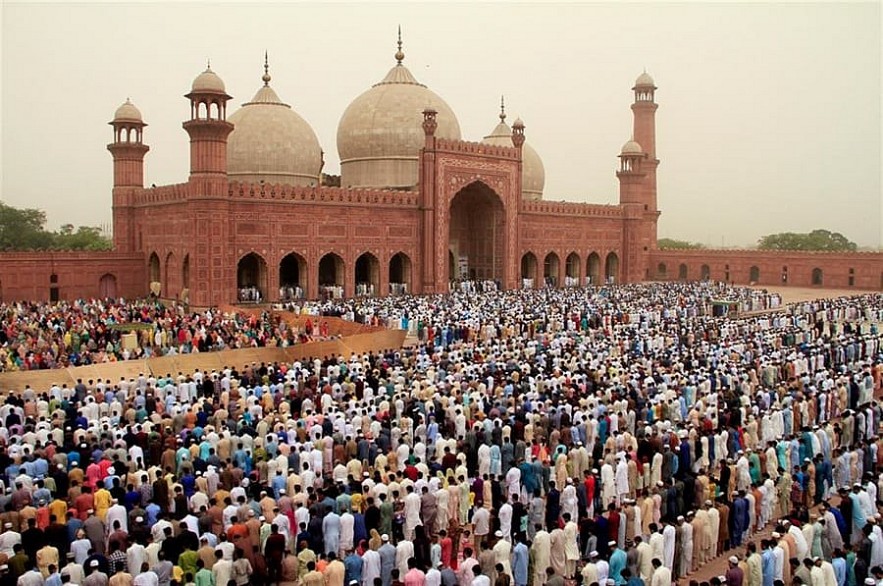 |
| Eid Al Fitr |
The religious celebration of Eid Al Fitr marks the end of Ramadan. Eid Al Fitr is known as the "festival of breaking the fast" since iftar is derived from the word fitr, which means to eat or break the fast.
Eid Al Fitr is not the time to fast. On this day, Muslims offer prayers for Eid.
23. Zakat and Zakat Al Fitr
Zakat is one of the five pillars of Islam. It means to donate a certain percentage of one’s wealth to charitable causes.
Muslims around the world make donations during the Ramadan month.
Zakat Al Fitr is paid before the Eid Al Fitr prayer at the end of Ramadan.
24. Inshallah
How to pronounce : In-sha-la
You've probably heard your Muslim friends use the expression "Inshallah" when they're planning something or discussing the future. It means "if God wills" or "God willing" when translated roughly.
25. Allahu Akbar
In other words, "God is the greatest." Our Muslim friends use this phrase, which is the opening line of the call to prayer, to express agreement with what they hear or to compliment something lovely.
In Conclusion
Recently, you've encountered some of the most commonly used words and phrases during Ramadan—expressions you might consider using when chatting with friends, colleagues, or family. For non-Muslims or those new to Islam, pronouncing and memorizing these terms can indeed be challenging. However, we encourage you to take the time to learn them, as doing so can help you build stronger connections with your Muslim friends and relatives throughout Ramadan. Moreover, familiarizing yourself with these expressions is a wonderful way to show that your Muslim acquaintances, coworkers, and family are warmly welcomed during this special time.
Ramadan FAQs
What is Ramadan?
A month-long Islamic religious holiday, Ramadan is a time for many devout Muslims to reflect, pray, spend time with family, fast, and perform good deeds. Adults frequently fast during the day, depriving themselves of food and liquids as a crucial self-discipline to demonstrate their devotion to their faith and grow closer to Allah, or god. As they break their fast, people celebrate for three days during Eid al-Fitr, the end of Ramadan.
When is Ramadan?
The holy month is predicted to occur in 2024 between 10 March and 9 April.
Although the precise dates have not yet been determined, Ramadan is anticipated to occur in 2025 from the evening of Friday, February 28 to Sunday, March 30.
Since the Islamic calendar is based on the lunar cycle, the dates of Ramadan vary every year by about 11 days and can also differ slightly from nation to nation based on when each country sees the moon.
What is the purpose of fasting?
One can practice self-control by fasting. It is challenging to abstain from food, drink, and sexual activity because these are three of the strongest human desires. Muslims gain self-control that they can use in other areas of their lives by learning to go without these three basic human needs for a while.
How sick do you have to be to skip fasting?
A person who is ill and for whom fasting is unlikely to improve their condition, worsen their illness, or postpone recovery is exempt from the fast. You can find out how serious their illness is by speaking with a medical expert.
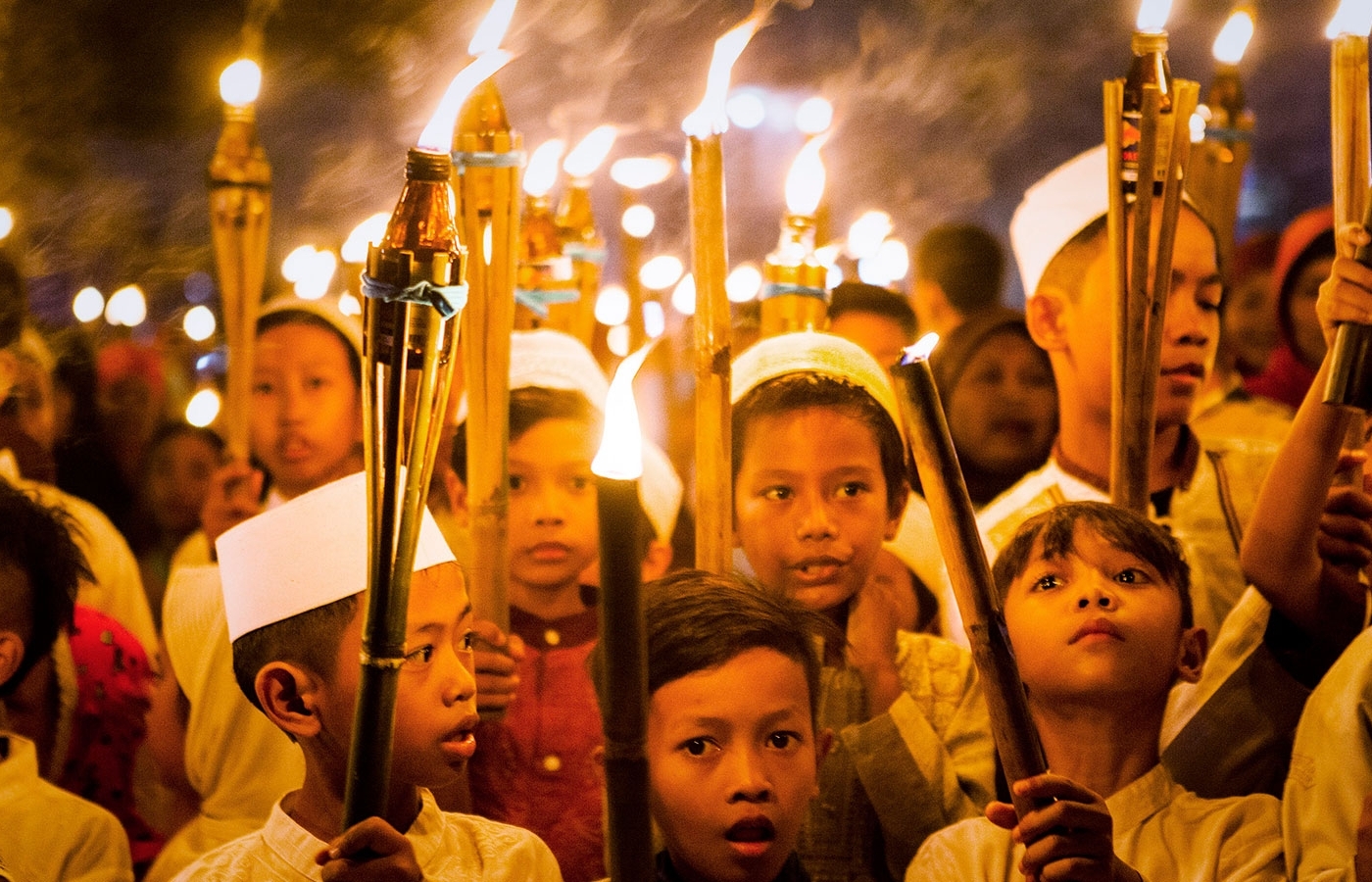 What is Ramadan: Interesting Facts, Traditions and Celebrations What is Ramadan: Interesting Facts, Traditions and Celebrations Ramadan, Islam's holiest month, is coming soon. Let find out with Knowinsiders.com how this Muslim Holy Month is celebrated all over the world! |
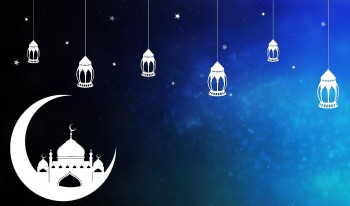 Ramadan Mubarak: Best Wishes, Quotes and Messages for Dear Ramadan Mubarak: Best Wishes, Quotes and Messages for Dear Here is a list of greetings, sayings, and messages to share with your loved ones this Ramadan. |
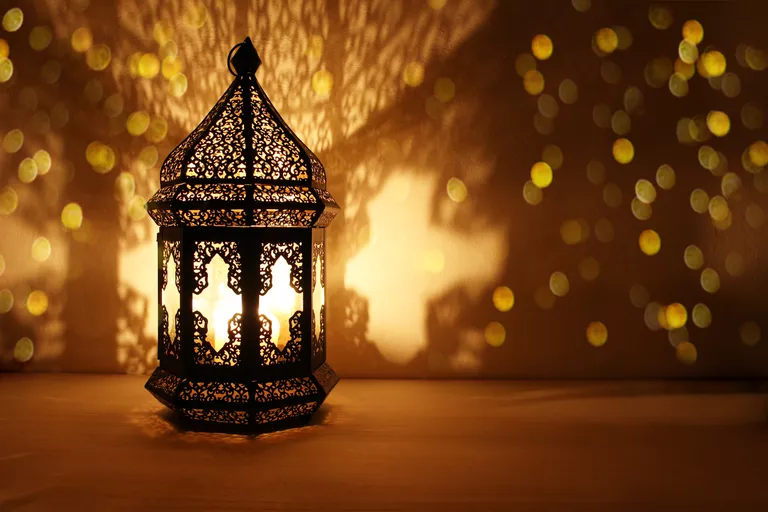 Why Is Ramadan Important for the Muslim Community: Dos and Donts Why Is Ramadan Important for the Muslim Community: Dos and Donts Ramadan is the ninth month of the Islamic lunar calendar and is observed by devout Muslims as a period of fasting, contemplation, and worship. The ... |
 When does Ramadan 2024 Begin in Different Countries? When does Ramadan 2024 Begin in Different Countries? Ramadan, Islam's holiest month, is extremely important to millions of Muslims worldwide. When does Ramadan 2024 begin in various countries around the world? |

